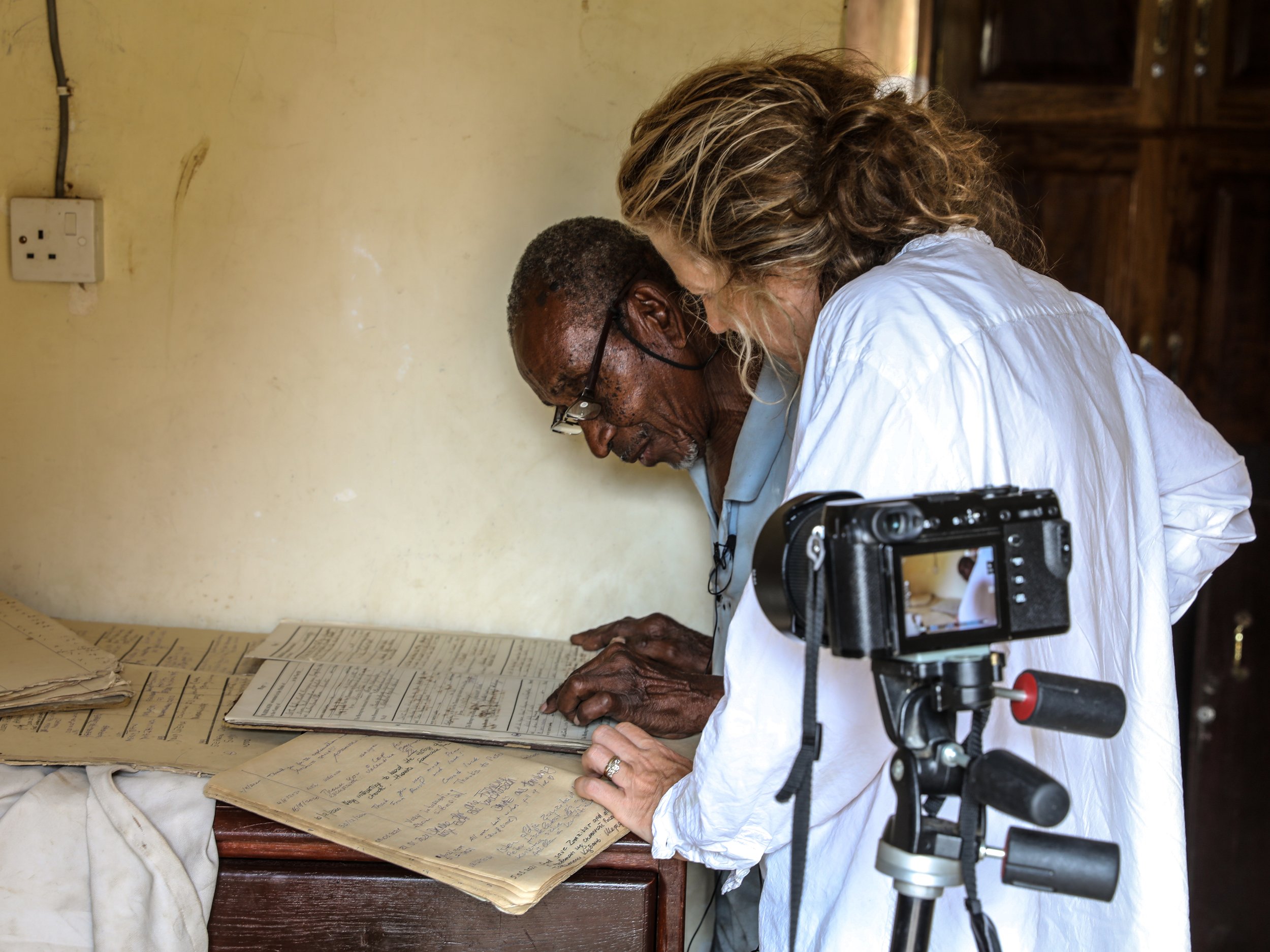
I want to write books that allow me to interrogate ‘big history’ through a contemporary quest — by getting my feet on the ground to connect with people, places, memories.
For my first book, The Lost Pianos Siberia, published in 2020, I was interested by the history of political repression in Russia, the Tsarist exile system, and Stalin’s Gulags. But how to find a connection to the millions who were murdered? I used the search for an historic piano as my device; with music as my passport in Russia, I discovered a ‘safe’ space to excavate oral memory and listen as people’s stories opened up.
Those same principles were at play in my second book, A Training School for Elephants. I’d worked for 15 years on conservation stories in Africa. But the cliches bothered me, in the way outsider narratives were soaked in romantic, Out of Africa sunsets that seemed to write Africans and their oral histories out of the landscape. So when I came across an 1879 expedition to Congo with four Asian elephants — one of King Leopold II of Belgium’s first incursions into the continent — I could see a journey I could follow, which would give me a through-line not only from the Swahili coast to the Great Lakes, but into the story of Europe’s grab for a continent. By retracing the journey, I hope I could start to understand something more of colonialism’s impact.
Elephants. Everyone loves elephants. They have a kind of mythic status in the human imagination. I thought they could function as my ‘piano’ — a device to lure readers into a story about the ‘Scramble for Africa’ and the genesis of Leopold II of Belgium’s monstrous, murderous ambitions.
So while pianos and elephants may appear unrelated, they are not. They have afforded me a consistent approach. A reason to journey. To look, listen, enquire. To research forgotten stories, and ask questions about who and what has been struck from the historical record. Where I’m most comfortable as a writer is in this weave of the contemporary and the historical — in quests driven by reportage, and the connections I can find in my on-the-ground search for oral memory.

